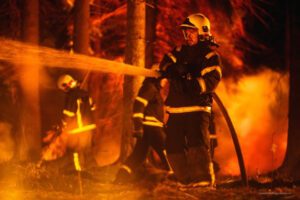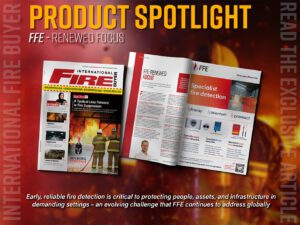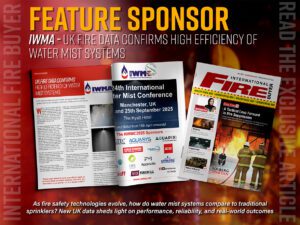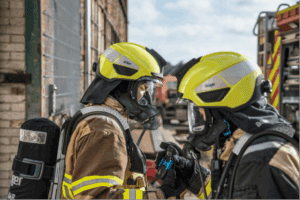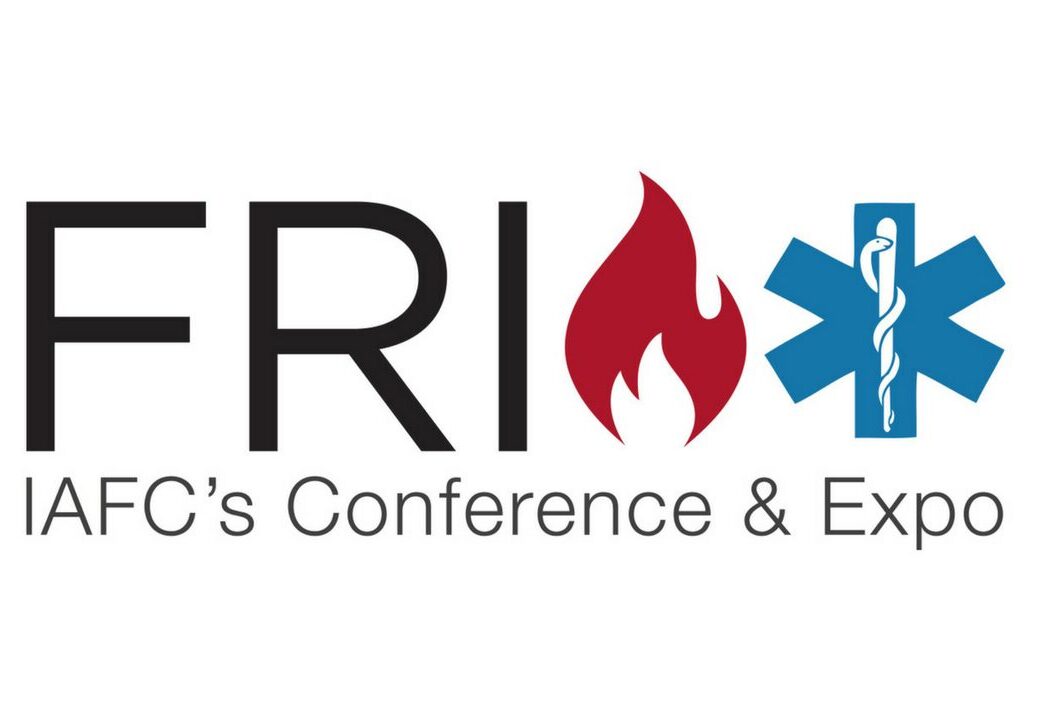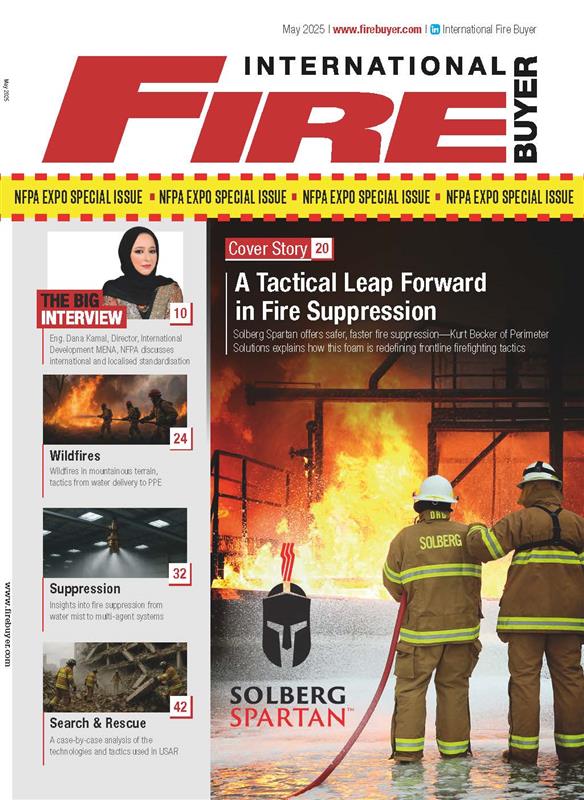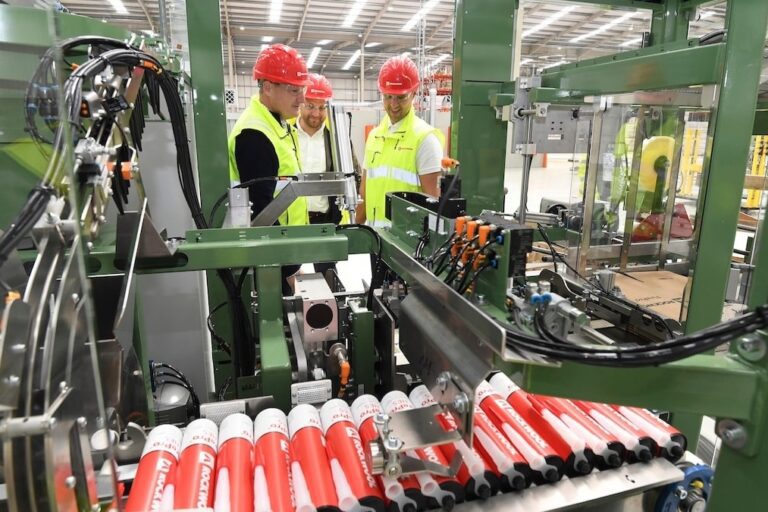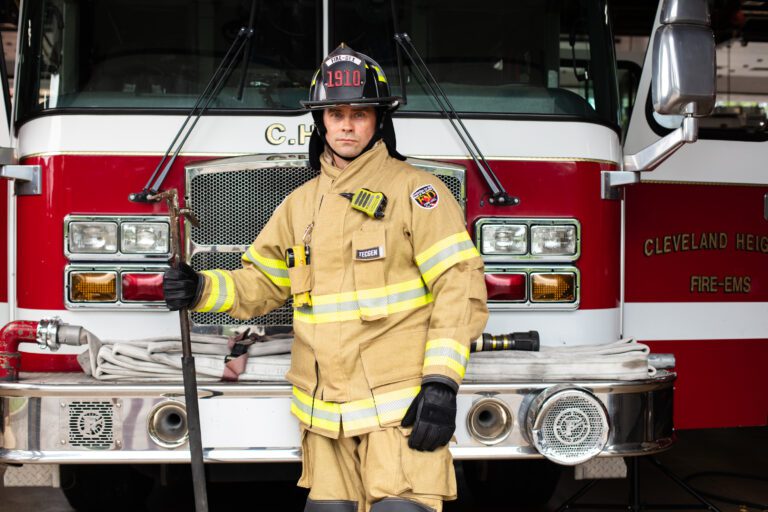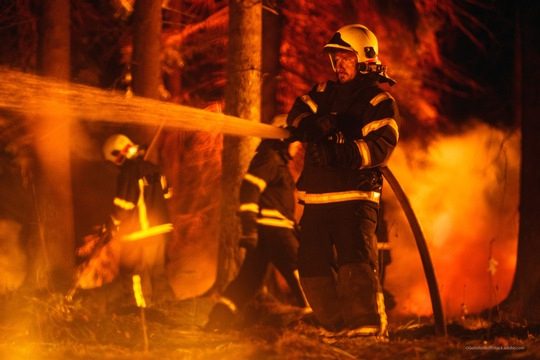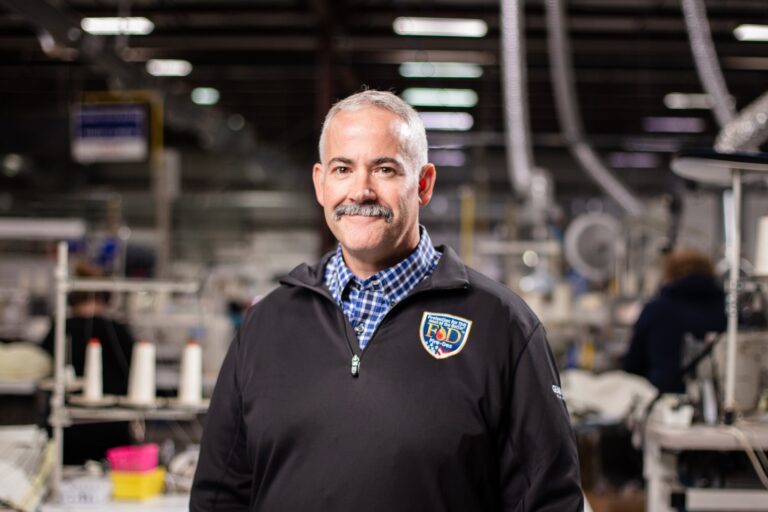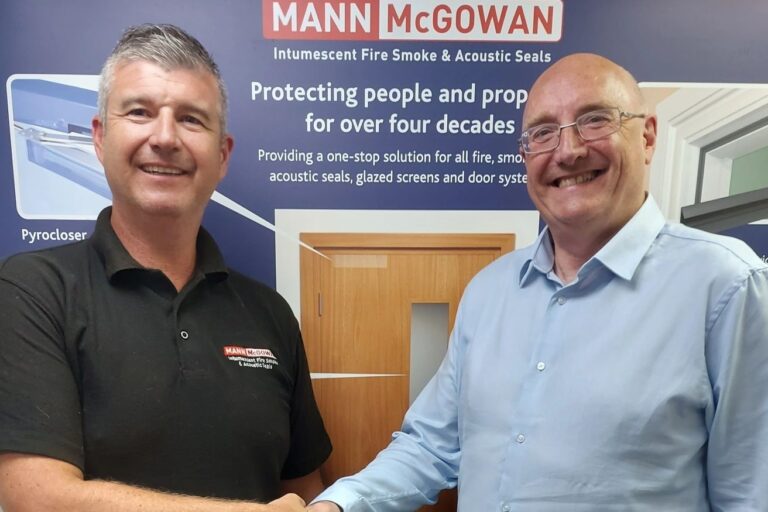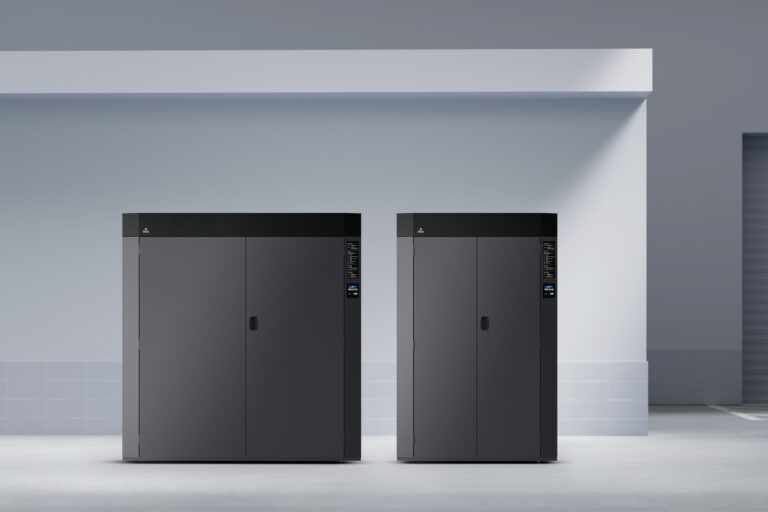Bield Housing and Care’s Bield Response24 alarm receiving centre (ARC) is one of the first facilities of its kind to provide fire detection system monitoring and management from multiple sites using Gent by Honeywell’s pioneering WINMAG software.
Since it formed in 1971, Bield Housing & Care has remained committed to improving the quality of life for older people by offering a diverse range of services that enable them to achieve as much independence and life fulfilment as possible. A not for profit organisation, it is now one of the largest providers of housing and care in Scotland, with over 5,300 properties.
Bield Housing & Care believes technology plays a vital role in helping it to live up to its ‘free to be’ ethos, while keeping residents safe. The issue of life safety is a priority and Bield Response24, the organisation’s ARC, has been purpose built to monitor technology enabled care – such as personal alarms and warden call systems (WCS) – and fire alarm systems in its housing and care developments throughout Scotland.
Like many other parts of the UK, unwanted alarm activations are a big problem in Scotland and cause a great deal of disruption. In 2014 the Scottish Fire and Rescue Service (SFRS) teamed up with partners including the Association of British Insurers (ABI), British Approvals for Fire Equipment (BAFE), the Building Research Establishment (BRE) and the Fire Industry Association (FIA) to undertake a detailed investigation. As part of this work, in March 2015 it announced that it will no longer silence or reset systems after a call out to grouped housing developments, as doing so wipes any data that could provide reasons why it was erroneously asked to attend.
For Bield Housing & Care this was a costly problem and Sharon Ewan, the organisation’s Telecare Call Centre Manager, explains, ‘It meant that when a system required resetting a call had to be made to the fire detection company responsible for the site, and an engineer had to drive to the location and physically press the silence and reset buttons on the fire detection control panel. In some instances this was a four or five hour return journey and would mean of bill of up to £200, which for us was unsustainable.’
Glasgow based Rapid Fire Services was consulted to see if it could suggest some ideas to address the issue. The company’s Operations Manager, Neil Wilson, comments, ‘We have been a Gent by Honeywell approved system integrator for many years and have used its products extensively in a diverse range of applications. Therefore, we knew that Gent’s innovative WINMAG graphics management system would solve this particular problem, while also offering other advantageous features.’
Simple to set up and intuitive by design, WINMAG is an invaluable software tool for any size of network that allows for complete management of the fire detection and alarm system from a central location. It integrates seamlessly with Gent’s Vigilon life safety system to provide a graphical view of the entire system, enabling easy location of a fire in an emergency and allowing rapid decision making through event-based control of devices. Offering fault signalling, false and unwanted alarm event analysis and text-only options, WINMAG also provides central management of routine activity, providing central reporting and processing for events like fire, fault and disablement.
Rapid Fire Services fully integrated the Gent software into Bield Response24’s ARC by having a device server fitted beside each Gent Vigilon fire alarm panel, which is given a unique IP address that enables it to communicate through the Internet. Personal alarm units are installed in the home and use a resident’s telephone line in the event of smoke/heat detection. This allows an emergency call advisor (ECA) to engage in dialogue with the tenant to ascertain the reason behind the fire alert. The ECA then has 60 seconds to decide through discussion with the tenant if the SFRS is required. WCS are also used, although they do not offer the same facility to contact the tenant, as the WCS line is engaged with the fire detector call, preventing speech module use.
With most grouped housing fire detection systems an ARC is only made aware of the main fire alarm activation, not the specific manual call point or smoke detector that activated the alarm. Therefore, the majority of SFRS calls made will identify the address but not the internal location details.
Asked to explain what makes the Gent solution different, Stuart Brown, Gent’s Business Manager Scotland, replies, ‘WINMAG software allows BR24 to give precise location details within the dwelling when placing a 999 call, eliminating search time delays. Furthermore, manual call points or smoke detectors can be silenced whilst awaiting attendance, reducing anxiety levels to other tenants within the grouped housing development. This poses no threat to system functionality if a smoke is detected from another device.’
40 per cent of Bield Housing and Care’s developments is now remotely accessed and monitored for fire and operational issues, and Sharon Ewan is delighted with the impact this technology has had. She concludes, ‘As well as meeting all of our logistical and cost saving objectives, there are many other benefits. For instance, its remote diagnostics ensure that when an engineer is required they have all the necessary replacement parts to repair any faults, saving costs on return visits. Also, assistance can be given to on-site staff who are experiencing problems with their fire alarm systems, fire alarm devices can be remotely adjusted for sensitivity and, of course, it can remotely silence and reset the systems whenever SFRS gives the authority to do so.’
For further information please call 0116 246 2000; E: [email protected] or visit www.gent.co.uk
Gent helps Bield Housing & Care take the lead in fire detection system monitoring
About Fire Buyer
International Fire Buyer is the leading authority in global passive and active fire content, delivering expert news, in-depth articles, exclusive interviews, and industry insights across print, digital, and event platforms. Published 10 times a year, the magazine is a trusted resource for professionals seeking updates and analysis on the latest developments in the fire sector.
To submit an article, or for sponsorship opportunities, please contact our team below.
Read the Latest Issue
Follow us on X
Follow us on X
Click HereFollow us on LinkedIn
Follow us on LinkedIn
Click HereAdvertise here
Reach decision makers and amplify your marketing



